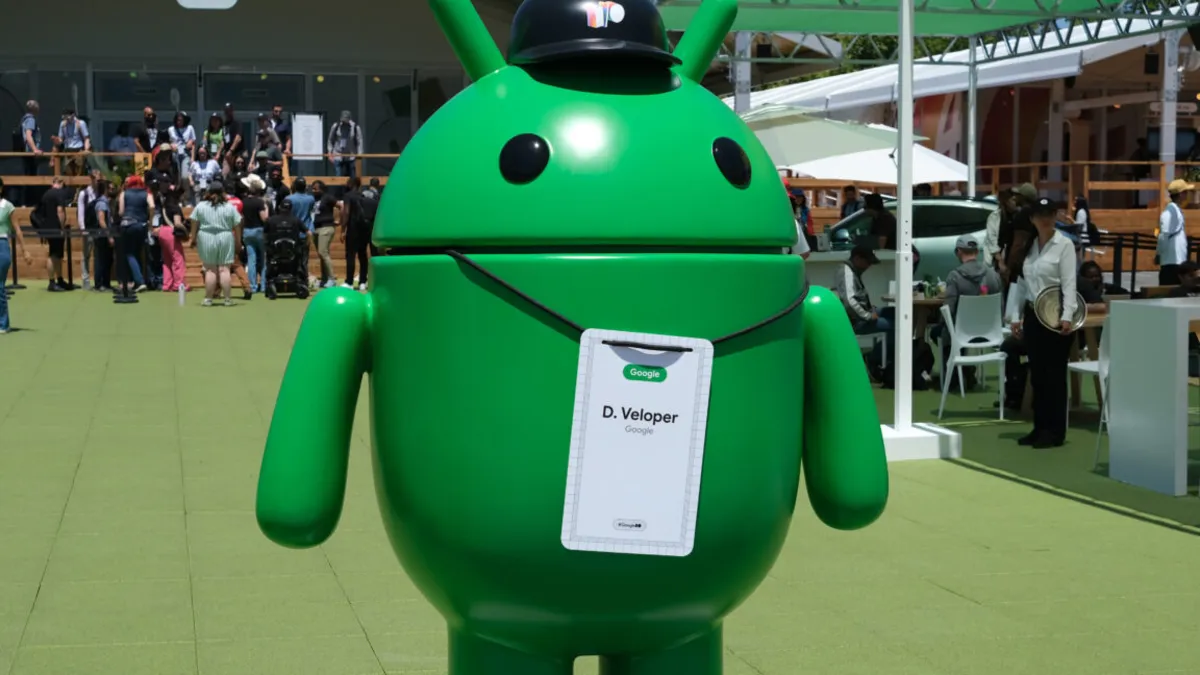
As the era of touchscreen smartphones began nearly two decades ago, Android's open nature distinguished it from the iPhone. Over time, however, Google has gradually traded some of that openness for enhanced security. The tech giant's latest initiative, aimed at bolstering security, could represent one of the most significant concessions yet to prevent the proliferation of harmful applications.
Google has announced plans to verify the identities of all Android app developers, extending beyond those who publish on the Play Store. This means that irrespective of where developers distribute their content, they will need to undergo a verification process. Moving forward, apps that lack this verification will be non-functional on most certified Android devices, significantly impacting the app development landscape.
Historically, Google has exercised minimal curation over the Play Store, which was originally known as the Android Market. However, in its pursuit of a better reputation, Google has taken steps to enhance the security of its platform, which has been perceived as less secure compared to the Apple App Store. In the past, malicious exploits could be published in the official store, enabling users to gain root access to their devices. Today, multiple review processes and detection mechanisms are in place to combat malware and restrict banned content.
While the Play Store has improved, Google reports that apps sideloaded from outside its store are 50 times more likely to contain malware. This alarming statistic has prompted the company to introduce its new developer verification system, likening it to an ID check at the airport. Since instituting mandatory identity verification for Google Play app developers in 2023, Google has seen a dramatic decrease in malware and fraudulent activities. By requiring verification for developers outside of Google Play, Google aims to further enhance security and minimize risks associated with anonymous app distribution.
To facilitate this transition, Google plans to launch a streamlined Android Developer Console for developers who wish to distribute their apps outside of the Play Store. Once verified, developers will need to register their app's package name and signing keys. However, it is important to note that Google will not assess the content or functionality of these apps. As stated by Google, only apps with verified identities will be installable on certified Android devices—essentially every Android device that runs Google services. This means that devices with non-Google builds of Android will not be affected, but such devices represent a minimal fraction of the overall Android ecosystem.
Google plans to begin testing this new verification system with early access in October of this year. By March 2026, all developers will gain access to the new console for verification. The rollout will commence in September 2026, targeting countries including Brazil, Indonesia, Singapore, and Thailand, with a broader global expansion planned for 2027.
This initiative arrives at a pivotal moment for Android, coinciding with the ongoing Google Play antitrust case initiated by Epic Games. Following a recent loss in appeal, Google is compelled to alter its app distribution framework, pending any further legal actions. The court has mandated that Google allow the distribution of third-party app stores and permit Play Store content to be rehosted in alternative storefronts. While this could enhance user choice, it raises concerns about security, as third-party sources may lack the robust system integration offered by the Play Store, leaving users to sideload apps without Google's protective measures.
The potential security implications are significant, as most major malware threats targeting Android devices often originate from third-party repositories. Enforcing an installation whitelist across the vast majority of Android devices may come off as heavy-handed, requiring all Android app developers to meet Google's requirements before their apps can be installed. While this could help Google maintain control as the app market opens, the minimum requirements may evolve over time.
Currently, documentation does not clarify the consequences of attempting to install non-verified apps or how devices will check for verification status. It is likely that Google will implement this whitelist through Play Services as the deadline approaches. We will continue to monitor this development and provide updates as more information becomes available.